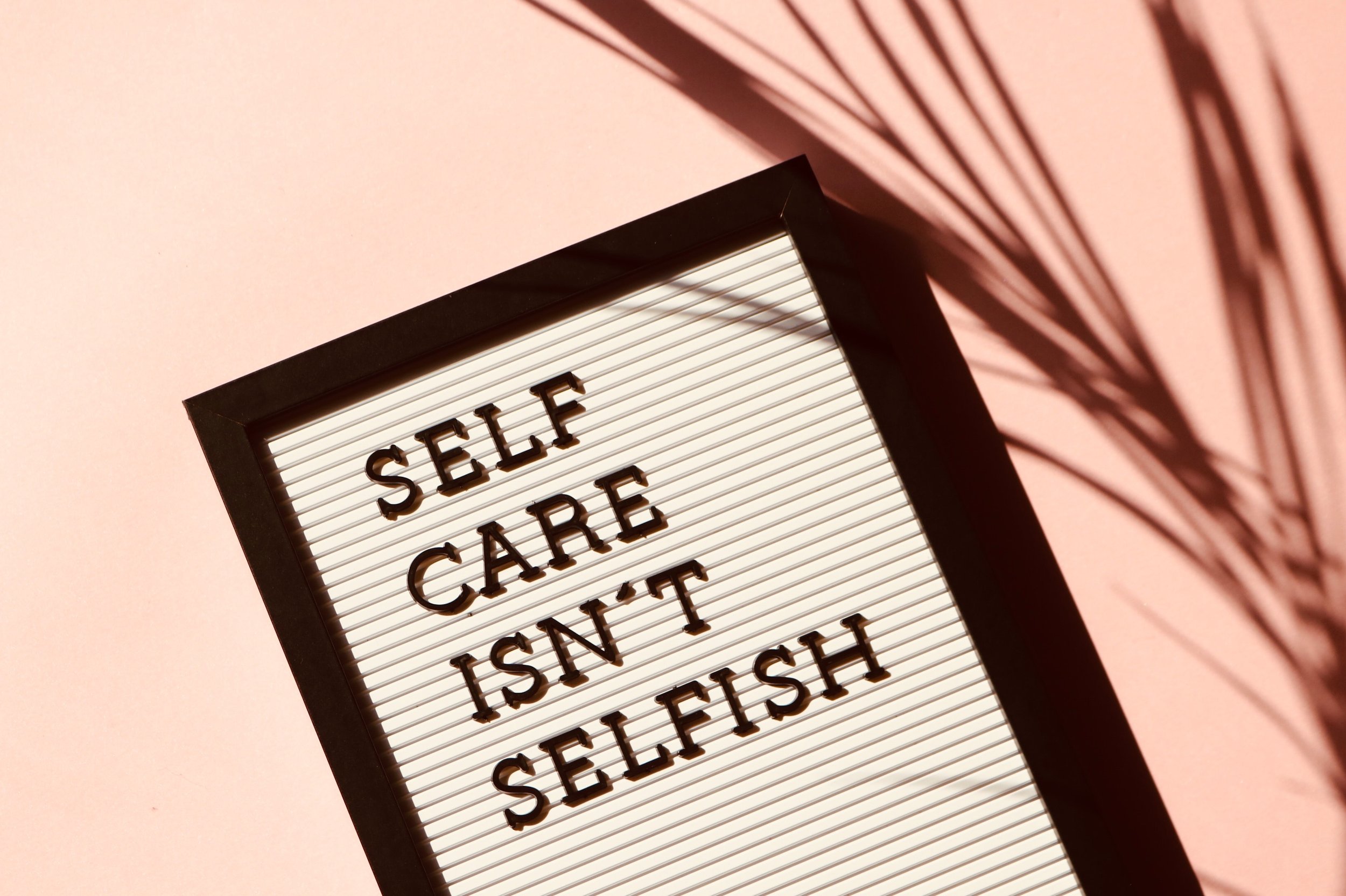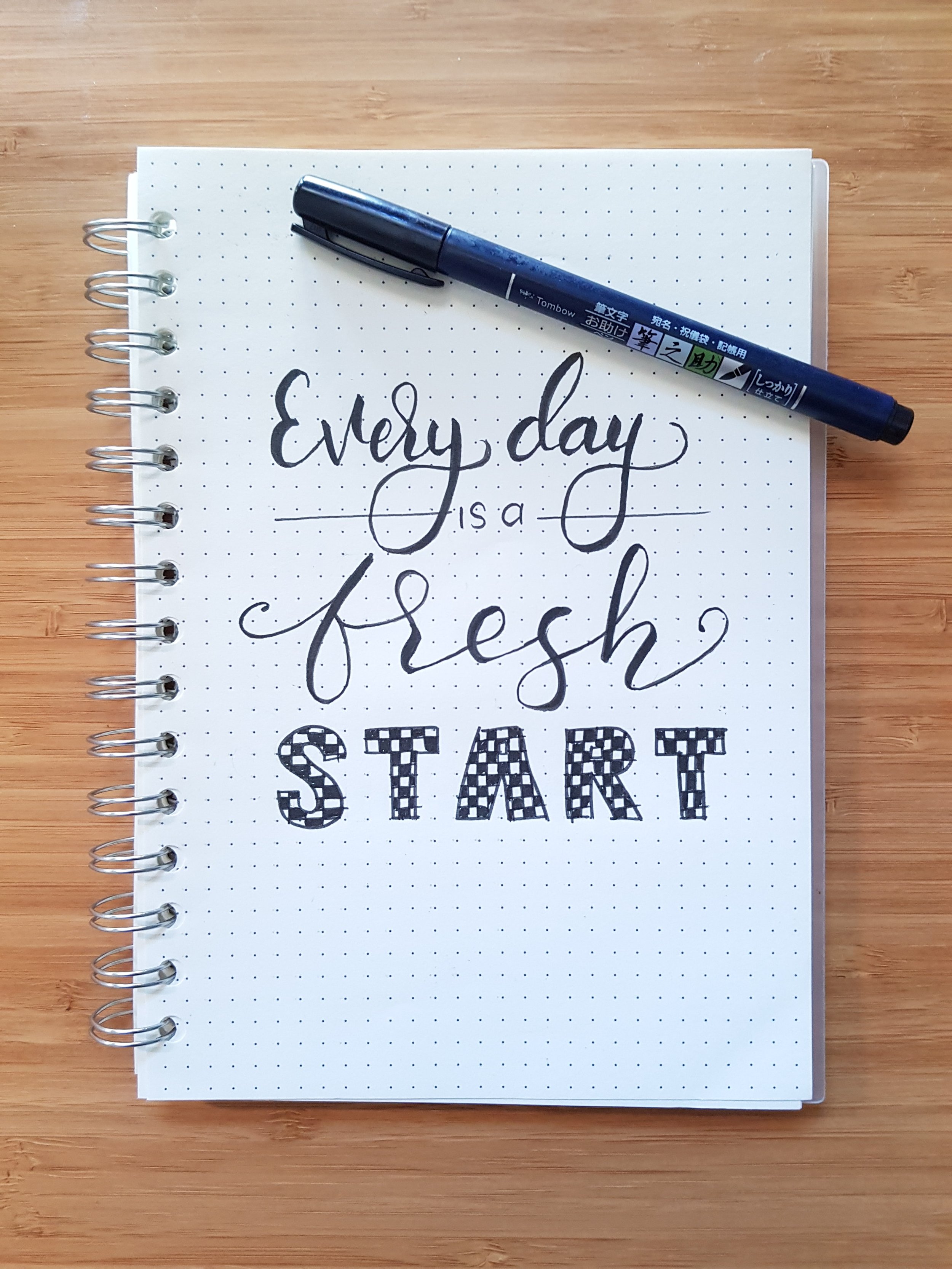
reclaim my career
Is your career suffering because of alcohol or drugs? Are you ready for a change? Our confidential and customized coaching program can help.
The Reclaim My Career program
This program was designed for individuals whose jobs have been impacted by substance use — folks who are still working, but need to save their careers or repair a damaged reputation. Contact Ty to sign up for your complimentary sessions.
In this 100% confidential individual coaching program you'll learn:
What to do if you're in danger of losing your job immediately
The #1 action you can take TODAY to change things at work
How to minimize the impact of alcohol and drugs on your career
How to build good work habits
Which coworkers to apologize to and why
How to decide whether to keep or leave your current job
this is for you if:
You’ve been reprimanded for poor job performance related to your substance use, and need to take action before losing your job.
You’ve been to treatment, are returning to the workplace, and don’t know where to start.
You have not been to treatment, but need to minimize the impact of substances on your work to avoid being reprimanded or terminated.
Our Goals
Our goal for every client is to reclaim the power of choice over their careers and build self-confidence by taking action. We do this by helping you:
Find acceptance – What does acceptance have to do with saving your career? Everything! You can’t take action and move forward if you’re focused on the past and the mistakes you’ve made. Yes, your life is probably not where you want it to be. Focusing on things you can’t change won’t change your situation. But acknowledging where you are and taking steps to move toward where you want to be will create change. Acceptance is a necessary first step.
Foster self-forgiveness – First comes acceptance, then self-forgiveness. To forgive yourself is not to say that everything you’ve ever done is great, or to ignore the mistakes you’ve made. Self-forgiveness is being compassionate to the person who made those mistakes, and knowing that you can start again and become someone different. Forgiving your past transgressions is the most loving gift you can give yourself.
Develop a plan for self-care – A lack of self-care leads many to abuse substances. In a world of constant demands from work, family, and community, caring for yourself can become an afterthought. But the brain knows it needs a break! And if you don’t take care of your mental health, it can fall apart, just as it does with physical health. We will discuss your likes, dislikes, and activities that can help create health, happiness, and connection to self and others. Together, we’ll build a realistic plan so you can engage in self-care and create a healthier sense of well-being.
Decide whether you want to save your job – It may sound counterintuitive, but this is an important question. Do you want to reclaim your career to save your current job, or to regain the ability to leave on your own terms? Sometimes a workplace is simply too toxic for you to return to, or no longer meets your personal goals. We will do a deep dive into your motivations and help you decide if it is appropriate to stay with your current employer.
Prepare for a return to the workplace – Your return to the workplace begins well before you actually report back for your first day. We’ll come up with strategies to ease your transition back into work, including how to speak to your boss and how to find some allies among your co-workers. We’ll also closely inspect your job description to make sure you are focused on the right tasks, giving your employer plenty of reasons to value your efforts.
Set the stage for changing your reputation – Changing your work reputation is slow and uncomfortable, but a concrete plan of action can make it easier. Based on your job description, we can design a plan for new work habits that will show others you are a changed employee and good co-worker — one that can be counted on.
Improve communication with supervisor(s) and co-workers – Many of the troubles we have at work can be traced to poor communication. Using a few simple rules, you’ll learn how to communicate in a way that is productive and conducive to strong working relationships.
Rebuild trust lost in the workplace – Sometimes rebuilding trust comes down to two simple words: “I’m sorry.” We’ll use your situation to let you know who you should apologize to, how to deliver an apology, and how to react if the apology is not accepted. We’ll put together a plan to win back confidence and trust and improve relationships with your co-workers.
If you’re ready to speak with someone about taking action to change things at work, Contact Ty to help build your strategy.
I recently contacted Ty after getting out of rehab and transitioning back to work. I didn't think I was going to be able to keep my job; the shame and guilt were overwhelming.
When we met I was just starting my journey into AA. I hadn't gotten fully invested into the AA program. Ty was not only able to help with my feelings and actions about returning to the workforce but he was able to answer questions about AA from his own experience. It held immense value for me to have a coach that shared similar experiences.
I have been back at work for 3 months now and I couldn't have done it without Ty.
— D.L., North Puget Sound, WA
Reclaim My Career Frequently Asked Questions
How many sessions per week?
For individual coaching, we usually meet once a week. Twice a week is possible if your situation is so dire and conditions are moving so quickly that it is necessary. Meeting once a week also will provide the individual being coached with enough time to complete homework assignments.
How long are the sessions?
Each coaching session usually lasts between 30 and 60 minutes.
Are they all held over zoom?
During the pandemic, we’ve all gotten used to using Zoom, and we may still need to use an online coaching format if pandemic or other conditions make it necessary in the future. However, I prefer in-person meetings whenever possible. Zoom will be used if geography and time do not permit in-person coaching sessions.
Are they confidential?
All individual coaching sessions and the information shared in them are 100% confidential. See our non-disclosure form for cohort participants and for individual coaching sessions.
What should I expect?
Expect me to be your cheerleader. Expect me to challenge you. I may question your motives to get you to dig deeper. Sometimes I’ll help you see things in a new light; sometimes I’ll remind you that it is possible to pull your careers – and yourself – back from the brink.
You should expect support without judgment, but with the expectation that you come prepared to take action. As this is a tuition-free experience with a long waiting list, if you are not prepared to do the necessary work, please give someone else that opportunity.
Why is there a need for this type of program?
Employers and health insurance companies do a great job of providing substance treatment for individuals. But after leaving treatment, there is little guidance about how to transition back into the workplace or how to repair the damage done to one’s career.
Further, for those who cannot or will not go to treatment, there is still a need to learn strategies to “clean up the mess” they have created on the job due to substance use. Again, there is almost zero guidance about how to do this.
Our founder has experience with both scenarios and created this program to help those struggling with these issues.
Why is the cost so low?
To help the maximum number of people, the low-fee model is the most accessible. Further, many people who may need help may be reluctant to pay for something that has no guarantee of success. By lowering the pay barrier, we hope that some who need the help will be encouraged to participate.
How are you funded?
As a registered 501(c)(3), we are funded entirely by donations and compensation received from delivering presentations and speeches to businesses. See our donations page for more information on how to donate, or review our presentations to see if Ty’s inspirational message might be a good fit for your organization.
Who does the coaching?
Ty Reed, the founder of Recovery Career Services, will lead your coaching sessions. Ty has life experience and education that makes him uniquely qualified to lead this type of training. He had to learn how to reclaim his own career after going to drug treatment while working for a major corporation.
Ty holds an MBA from the University of Washington, a Professional in Human Resources (PHR) designation from the Human Resource Certification Institute (HRCI), a Certified Workforce Development Professional (CWDP) credential from the National Association of Workforce Development Professionals, and a Certified Peer Counselor (CPC) certification for people in substance recovery from the WA State Health Care Authority. Ty has the lived, educational, and professional experience to guide people who are ready to take action to save their careers.





